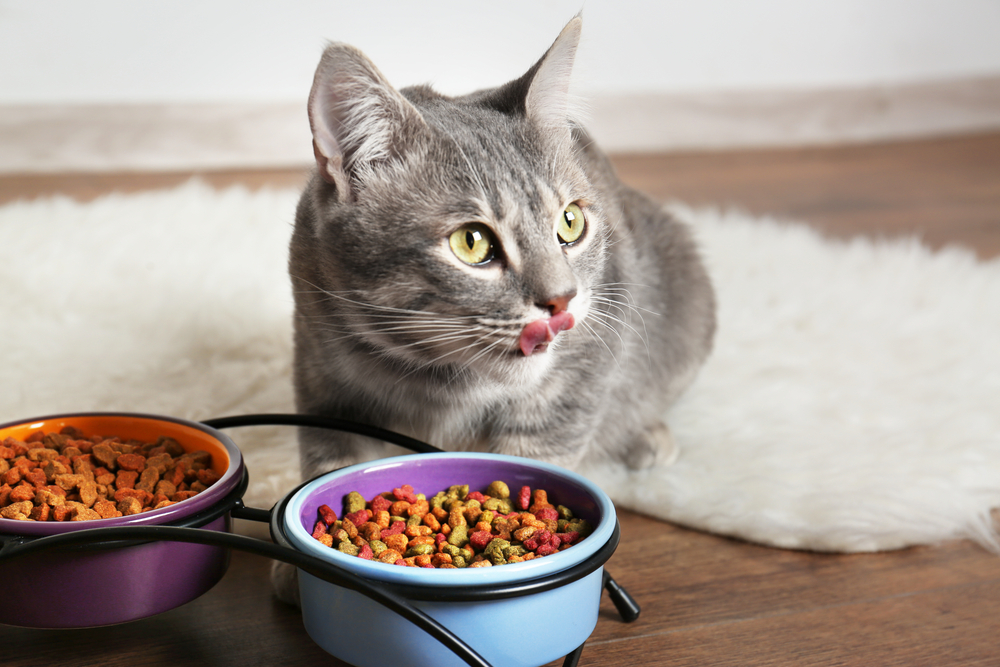
Choosing the right diet for your pet is crucial for their health, vitality, and longevity. Just like us, pets thrive on balanced, nutritious meals tailored to their specific needs. Here’s a guide to help you select the best diet for your furry friend, keeping them happy, active, and healthy.
Understand Your Pet’s Unique Needs
Every pet is unique, and their dietary requirements vary based on factors such as age, breed, weight, and health conditions. Puppies, kittens, and young animals need more energy and nutrients for growth, while older pets may need a diet that’s easier on their digestive systems. Consult with your veterinarian to assess your pet’s specific dietary needs.
Check the Ingredients List
Opt for high-quality pet foods that list meat or fish as the primary ingredient rather than fillers like corn or soy. Protein should be a key component, as it supports muscle development and energy. Also, look for whole food ingredients, like vegetables and fruits, which provide essential vitamins and minerals.
Consider Life Stage Diets
Different life stages require different nutrition. Puppies and kittens need higher protein and fat for growth, while adult pets may benefit from a balanced maintenance formula. Senior pets often require diets that support joint health, digestion, and kidney function. Look for foods labeled for your pet’s specific life stage.
Choose the Right Food Type
There are three main types of pet food: dry, wet, and raw. Each has its pros and cons:
Dry Food: Affordable, convenient, and good for dental health due to its crunchy texture.
Wet Food: Often more palatable and hydrating but can be pricier and may need careful portion control.
Raw Diets: Mimic what pets eat in the wild but require more preparation and strict hygiene to prevent bacteria.
Look for Key Nutrients
Essential nutrients for pets include protein, fat, carbohydrates, vitamins, and minerals. Omega-3 fatty acids support healthy skin and coat, glucosamine and chondroitin aid joint health, and fiber aids digestion. Look for a balanced mix of these nutrients based on your pet’s needs.
Avoid Harmful Ingredients
Avoid foods with artificial preservatives, colors, and flavors. Certain human foods, like chocolate, onions, grapes, and excessive salt, are toxic to pets. Some pet foods also contain additives that can cause sensitivities, so it’s essential to read labels carefully.
Monitor Your Pet’s Health and Adjust as Needed
A pet’s health can change over time, so regularly monitor their weight, coat quality, energy levels, and stool consistency. If you notice any issues, consult your vet to determine if a dietary adjustment might be needed.
Work with Your Veterinarian
Your veterinarian is an invaluable resource when selecting the right diet. They can provide recommendations based on your pet’s individual needs, discuss therapeutic diets if necessary, and help you choose reputable brands that meet high nutritional standards.
Get in Touch with Santa Monica Pet Medical Center Today
Choosing the right diet is one of the most impactful ways to support your pet’s overall well-being. By providing a balanced, nutrient-rich diet tailored to their unique needs, you’re giving your pet the best chance for a long, happy, and healthy life.
Schedule a nutrition consultation with Santa Monica Pet Medical Center to discover the perfect diet for your furry friend’s needs. Visit our office in Santa Monica, California, or call (310) 393-8218 to book an appointment today.







